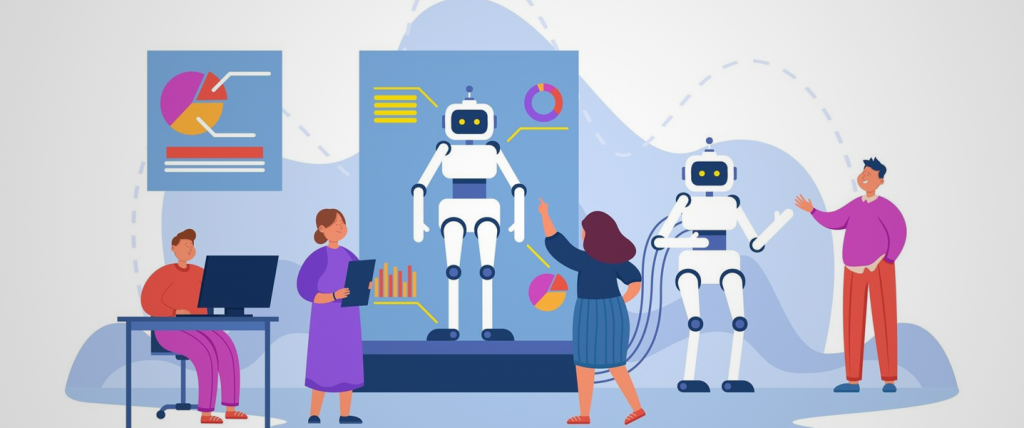Insights
Balancing artificial intelligence, ethics and the constitution
December 9, 2024As emerging technologies proliferate, regulating artificial intelligence (AI) has become a pressing concern for democracies committed to safeguarding fundamental rights. In India, the AI regulatory landscape is in constant flux in an attempt to keep pace with technology’s rapid growth. While various frameworks attempt to govern AI, these advancements must be checked against core legal ethics and constitutional values. The challenge lies in ensuring that AI’s evolution enhances, not undermines, the fundamental rights that anchor Indian democracy.

Unlike the European Union, which has introduced comprehensive legislation through the EU AI Regulation, India has no statute governing AI. However, the Ministry of Electronics and Information Technology (MeitY) has been proactive in issuing regular advisories, which set regulatory benchmarks for the use of AI across various sectors.
Read More+
Under the current regulatory framework, these are the key laws and guidelines governing AI. The Information Technology Act, 2000, is the foundation of law addressing technology and issues of data protection, privacy and cybersecurity. The Digital Personal Data Protection (DPDP) Act, 2023, regulates the processing of personal data, with an emphasis on privacy. AI technologies that collect or process personal data are subject to its provisions. The Copyright Act, 1957, the Trade Marks Act, 1999 and the Patents Act, 1970, are the backbone of India’s intellectual property framework, particularly relevant in the context of AI-generated inventions or works. These laws deny AI legal personhood, meaning it has no rights of ownership in its creations.
In March 2023, the MeitY announced that the Information Technology Act, 2000, will be replaced by the Digital India Act. The proposed act is expected to address key issues such as online safety, trust, accountability, an open internet and the regulation of emerging technologies such as AI and blockchain. However, legislation remains at the consultation stage.
Building on this broader regulatory move, on 15 March 2024, the MeitY issued an advisory clarifying the requirements to be observed during any AI model rollout. The circular directed all intermediaries to ensure that there was no bias or discrimination in their models, the labelling requirements of untested or under-development models were complied with and consequent changes on intermediary platforms were included in their terms and services.
As AI continues to evolve rapidly, so does the constitution. The principle of living constitutionalism, in which interpretation of the constitution is dynamic and adapts over time to address unforeseen issues, was emphasised in Justice KS Puttaswamy (Retd) and Anr v Union of India. As AI integrates further with society, constitutional challenges concerning equality, freedom of speech and expression and the right to life are likely to emerge.
In Puttaswamy, the Supreme Court recognised the right to privacy as a fundamental right to life and personal liberty under article 21. AI systems, which often rely on extensive data collection, raise significant concerns about the handling and protection of personal data. The absence of specific AI regulations intensifies these concerns, increasing the risk of privacy violations. The MeitY, in its advisory, requires AI models to be stripped of bias or discrimination when put to use. However, historical biases embedded in data can result in systemic discrimination in AI applications. This will raise concerns in areas such as hiring, law enforcement and healthcare, in which skewed algorithms may disproportionately harm marginalised communities. This risks the constitutional right to equality under article 14 if AI systems perpetuate such biases. Further, with AI systems acting autonomously, questions of accountability and liability remain unresolved within the country’s present legal framework. This would raise concerns in dealing with constitutional torts raising grievances flowing from situations in which the government or its agents are relying on AI systems. India’s approach to AI regulation is evolving and aims to balance innovation with ethical considerations and societal well-being. With technology companies widening the boundaries of the possible, they must be cautious and guided by constitutional values and ethical principles.
This article was originally published in India Business Law Journal on 9 December 2024 Co-written by: Varun Pathak, Partner; Yash Karunakaran; Senior Associate; Vishwajeet Deshmukh; Associate. Click here for original article
Read Less-
Contributed by: Varun Pathak, Partner; Yash Karunakaran; Senior Associate; Vishwajeet Deshmukh: Associate
Disclaimer
This is intended for general information purposes only. The views and opinions expressed in this article are those of the author/authors and does not necessarily reflect the views of the firm.


